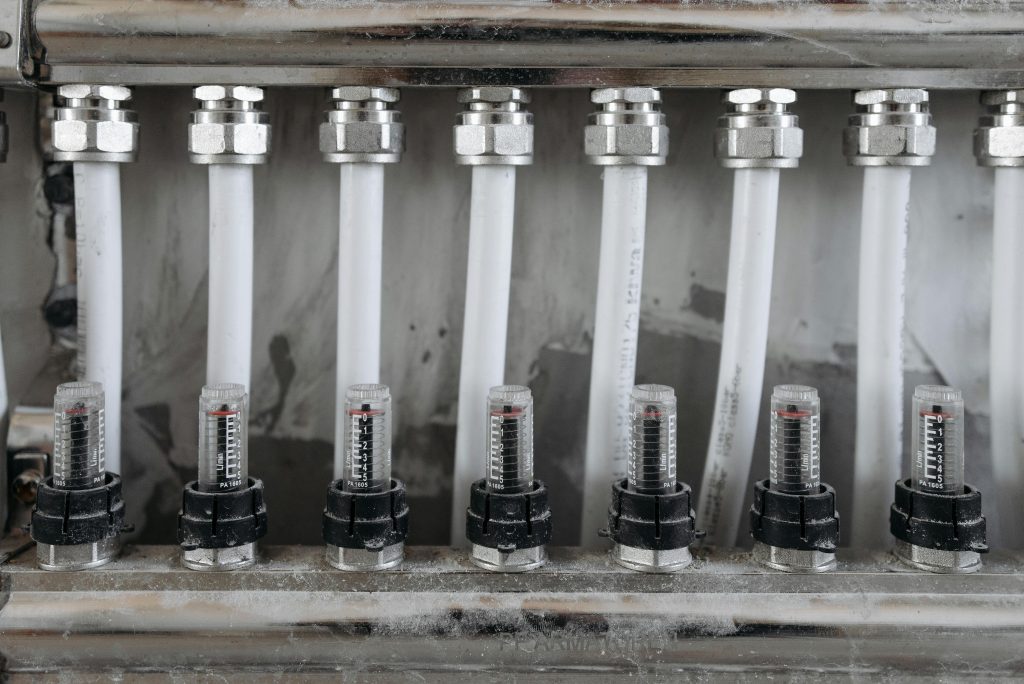It used to be that running a plumbing company meant keeping a stack of invoices in the glove box, a list of phone numbers taped to the dashboard, and a mental map of every hardware store within 30 miles. Those days aren’t gone entirely, but they’re quickly fading. In their place is a more connected, tech-oriented approach that’s altering everything from how companies book jobs to how they teach the next generation of plumbers. The industry isn’t losing its hands-on nature, but it’s gaining tools that make every wrench turn smarter and every business decision sharper.
Digital Platforms Are Changing Daily Operations
For many owners, the biggest shift is how software has become the command center. What used to require a paper ledger and a lot of memory is now handled in real time through plumbing contractor software. These platforms consolidate scheduling, billing, inventory tracking, and customer communications into one place. The practical upside is obvious: fewer missed calls, cleaner paperwork, and a clearer view of the company’s workload. But the real benefit shows up in decision-making. Owners can now see exactly which services are most profitable, where delays are happening, and which technicians are closing jobs the fastest. That kind of insight used to be a gut feeling. Now, it’s a dashboard metric.
The learning curve can feel steep for some, but once companies adopt these systems, they tend to stick. It’s not just about speed or convenience, it’s about being able to see the business as a whole rather than a series of disconnected tasks. That’s changing how companies set prices, allocate staff, and even market themselves.
Training Is Getting A Digital Boost

The industry still relies on apprenticeships and in-person mentorship, but the way knowledge is delivered is evolving. Online learning modules, interactive simulations, and video-based troubleshooting guides have become standard tools in many training programs. These resources don’t replace on-the-job learning, but they prepare new hires to handle real-world situations faster.
Virtual training environments also make it easier for companies to keep their teams updated on code changes, new materials, and the latest safety protocols without pulling them off the job for an entire day. That flexibility matters, especially for smaller businesses that can’t afford downtime. The trade-off is that trainers need to stay sharp themselves, making sure they can blend tech-based learning with the kind of in-person instruction that builds real problem-solving skills.
Customer Expectations Are Driving Innovation
It’s not just the businesses pushing for change. Homeowners and commercial clients now expect faster communication, more accurate arrival windows, and upfront pricing. The standard of customer service is being set by other industries — retail, food delivery, even healthcare — and plumbing is adapting. Apps that let customers track the technician’s arrival, approve work orders digitally, and pay online are quickly becoming the norm.
This shift is also shaping marketing strategies. Companies are leaning into online reviews, social media, and email follow-ups to keep their brand visible and trusted. That might feel far removed from fixing a burst pipe, but in today’s competitive market, reputation management is as important as technical skill.
Sustainability Is Moving From Niche To Necessity
Green plumbing practices aren’t just for eco-conscious clients anymore. Water-efficient fixtures, leak detection systems, and energy-saving water heaters are becoming standard requests. Regulations in some areas are pushing the trend, but customer demand is doing just as much of the work. This opens the door for plumbers who can position themselves as experts in sustainable solutions.
The key is education. Clients don’t always know which products will save them money or reduce their environmental impact. A plumber who can explain the long-term value of a high-efficiency system isn’t just selling a service, they’re building a relationship that’s likely to lead to repeat business.
Specialization Is Creating New Revenue Streams
As the market evolves, more companies are finding success by focusing on specific niches. That might mean becoming the go-to provider for smart home plumbing integrations, or specializing in commercial plumbing installation for certain industries. Narrowing the focus can help businesses stand out in a crowded market and command higher rates for specialized expertise.
Specialization also tends to align with training and technology investments. If a company commits to being the best in a particular area, it’s more likely to invest in the exact tools, software, and certifications needed to stay ahead. That focus creates a feedback loop where expertise attracts more customers, which funds more training, which further strengthens expertise.
Data Is Becoming A Competitive Advantage

The challenge is knowing what to measure and how to interpret it. Too much information can be as paralyzing as too little. But with the right approach, data turns into a map of where the business has been and a compass for where it should go next. That kind of insight isn’t just for the big players anymore — small shops can access the same tools and use them to punch above their weight.
The Human Element Still Decides Success
Technology can make a plumbing business faster, more efficient, and more profitable, but it can’t replace the human factor. Trust, skill, and communication still determine whether a client calls you again or tries someone new next time. A beautifully designed app won’t fix a sloppy installation, and a detailed invoice won’t make up for a missed appointment.
What’s changing is the balance. Owners and technicians now have more tools to help them deliver consistently good work, and that consistency is what builds a loyal customer base. In the end, the companies that blend old-school reliability with modern efficiency are the ones best positioned for long-term success.
Closing Perspective
Plumbing may never be a fully digital trade, and that’s part of its strength. The work is physical, practical, and grounded in real-world problem-solving. But the businesses thriving right now are proving that tradition and technology don’t have to compete. They can work together, each making the other stronger. That combination — hands-on skill supported by smart tools — is shaping the industry’s next chapter, and it’s one worth watching.





















